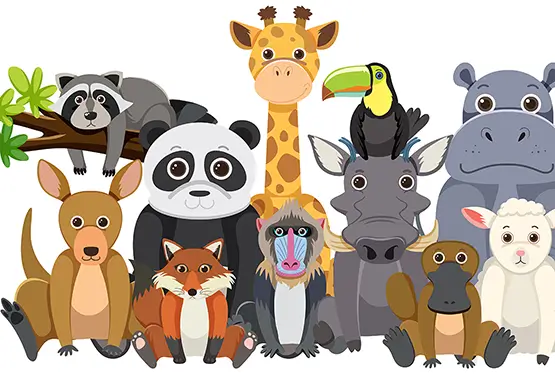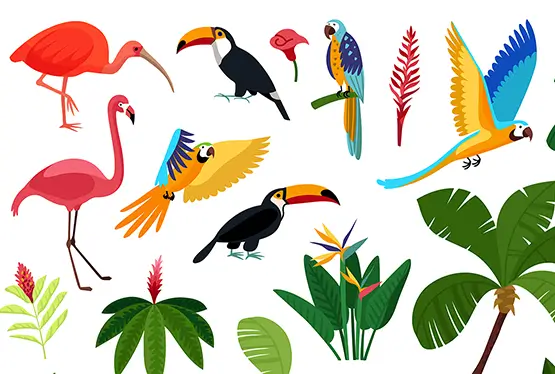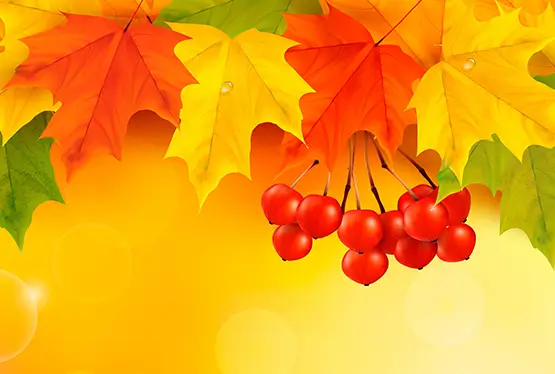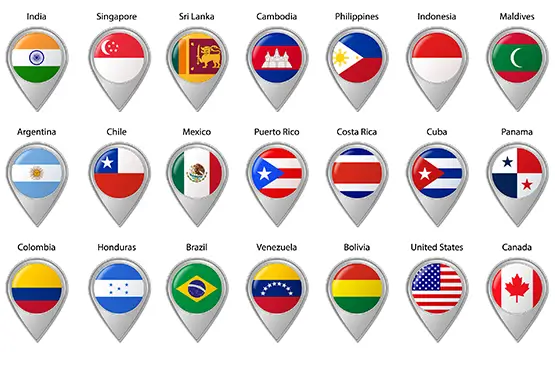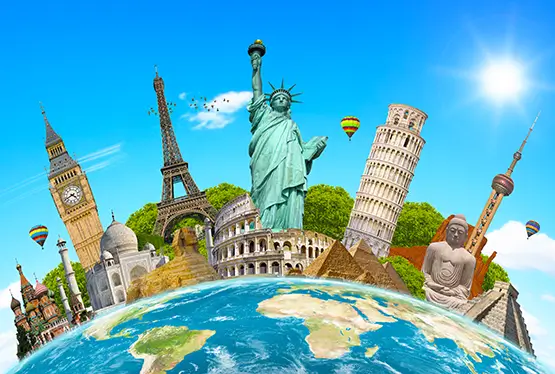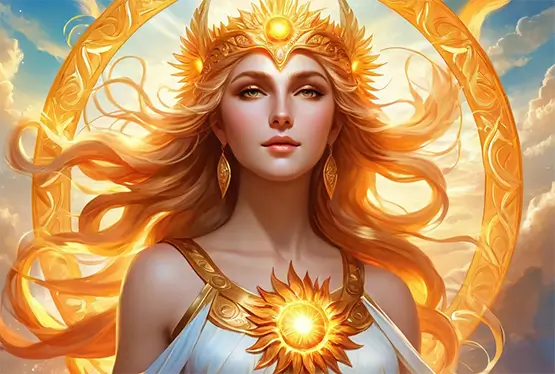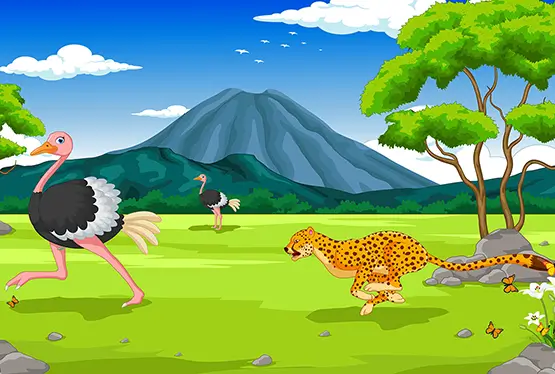Fruit Images, Pics, & Photography
GK4 - Great Knowledge for Genius Kids
Introduction
Animals are the heart of Earth’s biodiversity, representing a vast kingdom of life that ranges from majestic predators to gentle herbivores. From the savannahs of Africa to the dense jungles of the Amazon, animals shape ecosystems, inspire cultures, and captivate our imaginations. This article delves into the incredible world of animals, highlighting their history, species, habitats, cultural significance, and top national and state symbols.
What Are Animals?
Animals are multicellular, eukaryotic organisms classified under the kingdom Animalia. They exhibit diverse forms, ranging from microscopic creatures to the colossal blue whale. Most animals rely on other organisms for food, making them heterotrophic by nature. The animal kingdom is characterized by movement, complex behaviors, and specialized sensory systems.
Top 50 Well-Known Animals
- Lion
- Tiger
- Elephant
- Leopard
- Giraffe
- Rhinoceros
- Bear
- Wolf
- Fox
- Deer
- Zebra
- Kangaroo
- Panda
- Hippopotamus
- Cheetah
- Buffalo
- Koala
- Sloth
- Otter
- Whale
- Dolphin
- Shark
- Crocodile
- Alligator
- Penguin
- Sea Lion
- Walrus
- Seal
- Monkey
- Chimpanzee
- Orangutan
- Gorilla
- Platypus
- Armadillo
- Jaguar
- Ocelot
- Hyena
- Mongoose
- Porcupine
- Meerkat
- Bison
- Moose
- Antelope
- Camel
- Hedgehog
- Manatee
- Tapir
- Capybara
- Lemur
- Aardvark
Habitats and Distribution
Animals inhabit a variety of ecosystems across the globe, from arctic tundras and tropical rainforests to deep oceans and arid deserts. Each habitat supports species uniquely adapted to its environment. For instance, camels thrive in deserts due to their water-storing humps, while penguins are perfectly suited for icy landscapes with their insulating blubber and feathers.
Cultural Significance
Throughout history, animals have played pivotal roles in human culture, mythology, and religion. Lions symbolize courage and power, elephants are revered in Asian cultures as symbols of wisdom and strength, and wolves are often associated with guardianship and loyalty. In many societies, animals are also featured in folklore, heraldry, and art.
Quotes About Animals
"Until one has loved an animal, a part of one’s soul remains unawakened." — Anatole France
"Animals are such agreeable friends—they ask no questions; they pass no criticisms." — George Eliot
Top National and State Animals
- India: Bengal Tiger
- USA: Bald Eagle (national bird), Bison (national mammal)
- Australia: Kangaroo
- China: Giant Panda
- South Africa: Springbok
- Sri Lanka: Lion
- Scotland: Unicorn (mythical national animal)
- Mexico: Golden Eagle
- Japan: Koi Fish
- Canada: Beaver
Conclusion
Animals are an integral part of life on Earth, offering invaluable contributions to ecosystems, cultures, and human understanding of the natural world. Celebrating their diversity and ensuring their conservation is not only a testament to their importance but also a reflection of our shared responsibility to protect this planet’s extraordinary life forms.





